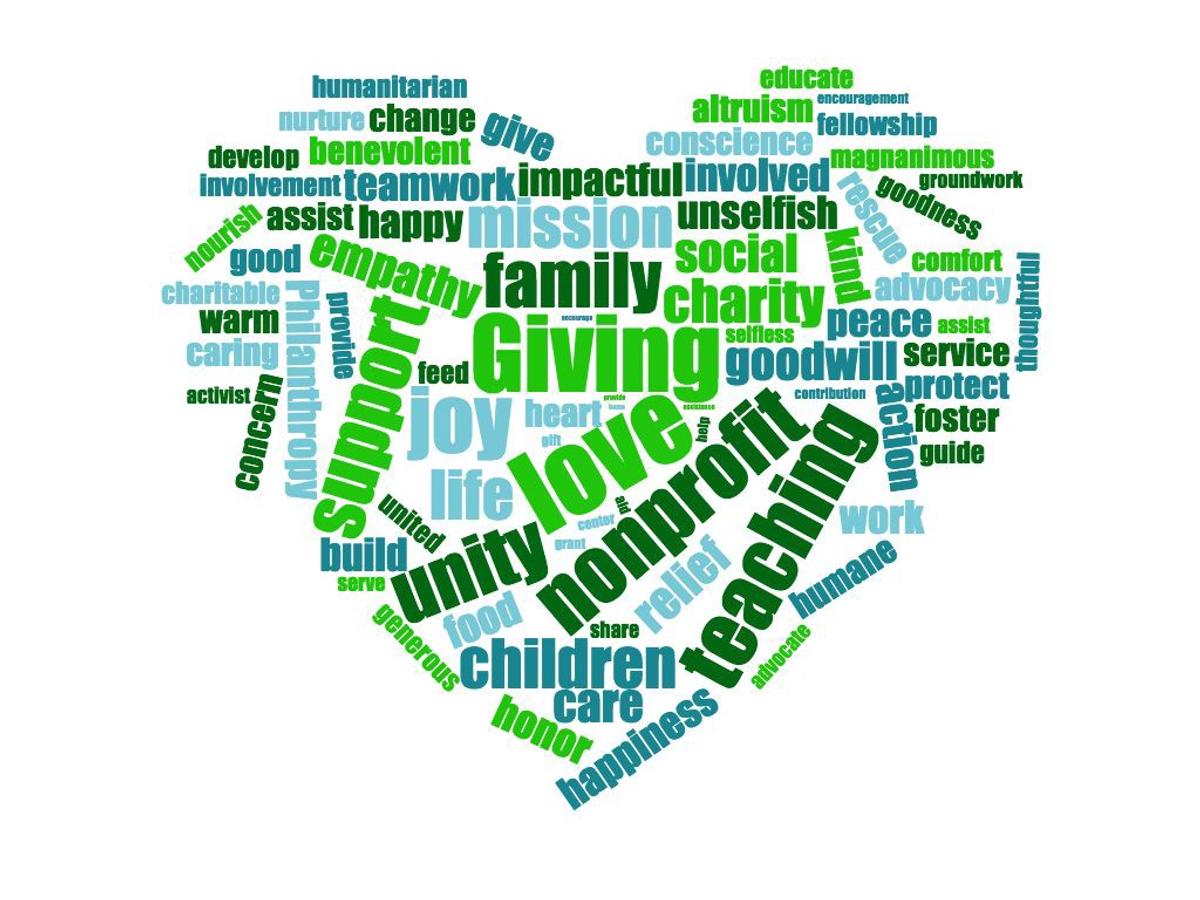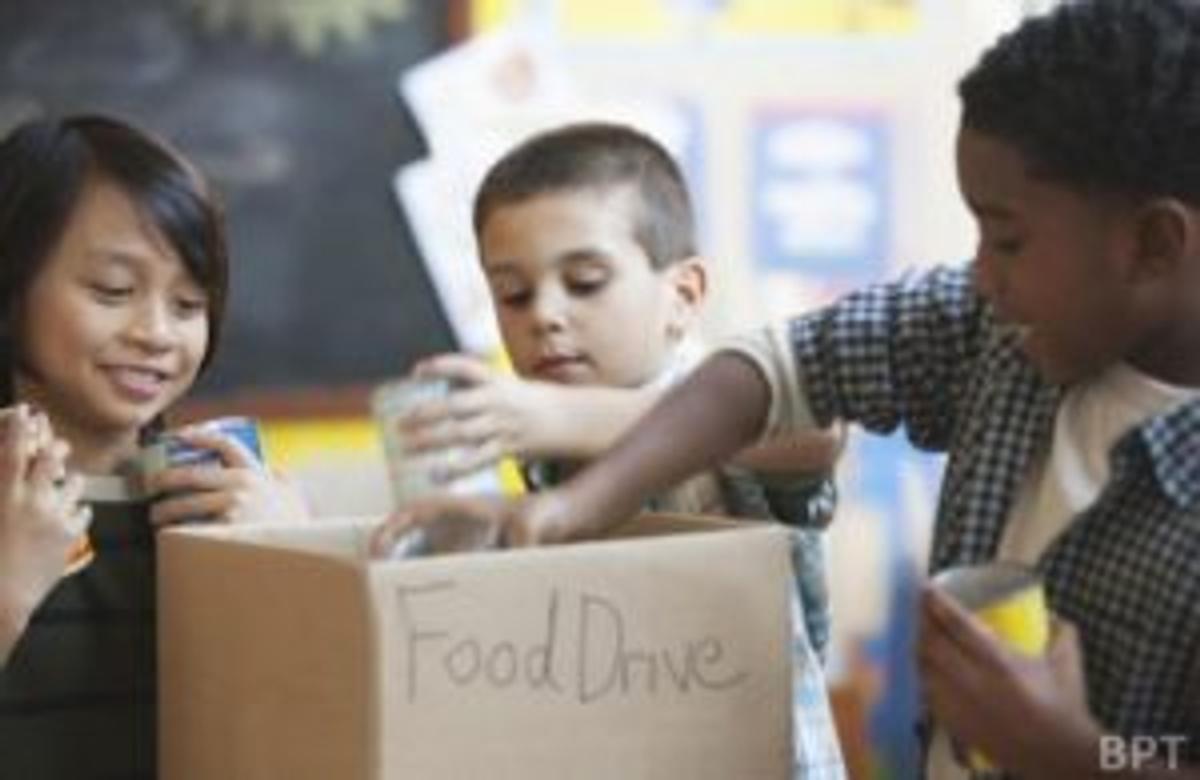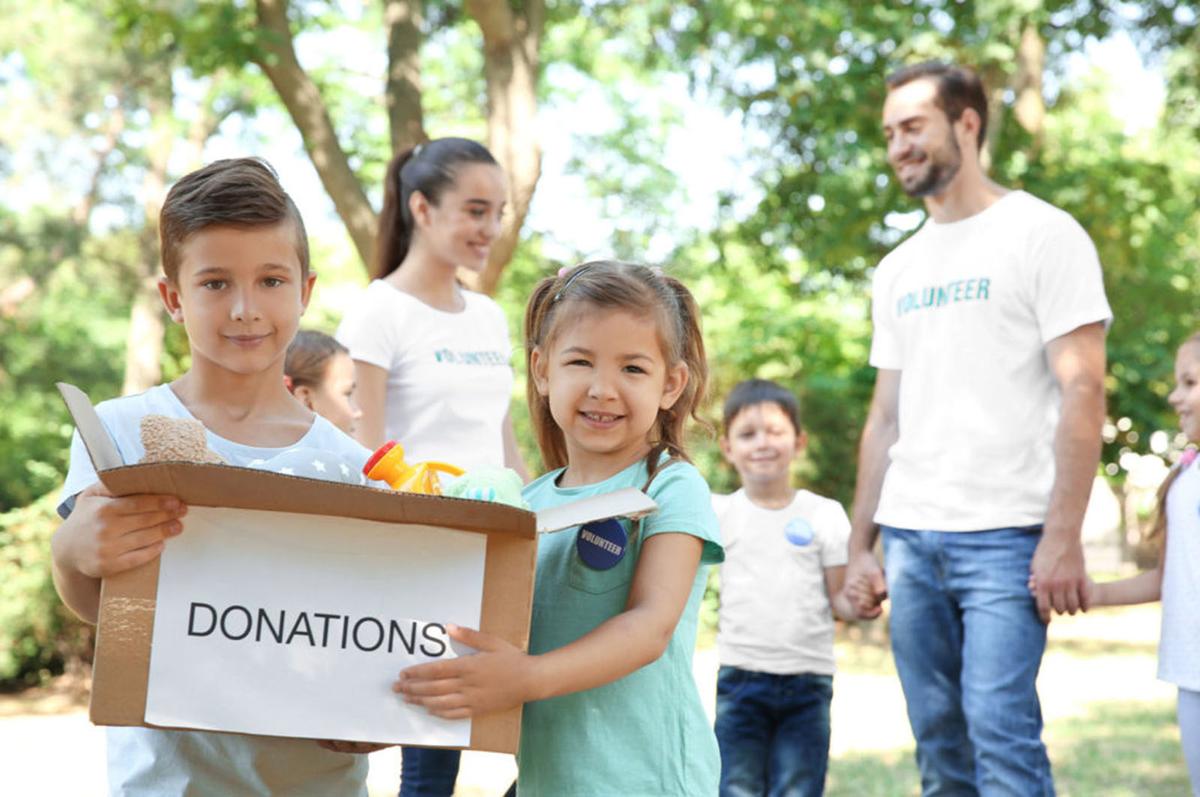Student Support
Ms Gee

Student Support
Ms Gee


March 2 is Ash Wednesday, a time for reflection as we prepare for Easter. Traditionally, this involves prayer, fasting and almsgiving. We often think of ‘giving up’ something or donating to charities.
As a parent, you might be wondering: “How do I help my child to enjoy giving instead of always receiving?”
As caregivers, we need to instil kindness and sensitivity toward others and to teach each child skills that reflect generosity.
Here are some suggestions to encourage the act of giving a part of your regular interactions with your child:
When we share, we are giving up part of what we consider ‘ours’. So teaching your child to divide a piece of cake, share toys or allow others to join in their activities are some examples of encouraging this value.
Think about your attitudes toward charity and what messages you send to your child.
Tell your child how you feel when you make charitable contributions.
Ask your child to help you when you pack up donations or when you help a friend or at a community clean-up project.
Let them experience first-hand what it feels like to give their time to a cause. Often these activities become the highlight of your family’s time together. Get input from your child and include them in decisions about how your family is going to give to others or be charitable.


When you see your child is being generous, acknowledge them. Help them put into words the positive feelings they may have as they help others.
If, for example, your son helps his sister find something she lost, tell him that was a kind thing to do and that he can feel proud for taking the time to help her.
Introduce ideas and opportunities for your child to give time, contribute money, or donate personal items.
Children usually want to help; they just don’t know how they can make a difference. Talk with them about ways they would want to give back: find activities that are aligned with their interests eg helping at an animal shelter. Children are more likely to be sincere in their helping efforts when they personally care about the cause.


You can tell stories about your life, especially those involving times when you were charitable or participated in fund raising events as a youngster through school, scouts, or church groups.
If you were ever the recipient of aid, you can talk about what it meant to you to receive a helping hand when you needed it. By sharing your history, you not only serve as a role model, but you also let your children know you more fully as a person.


You can model generosity by being generous to your child. Perhaps spend extra time with them, say kind things to them, do little extra things for them.
These kind acts on your part can fill up your child’s “feeling good reservoir” so that they can more graciously give to someone else.
Remember that some children may be reluctant to donate their possessions, time, or money. Children are naturally egocentric and need to be taught to think of others’ needs. Consider their temperament, age and their genuine attachment to their possessions.
Look for movement and growth toward greater empathy and “catch them being good” when you see it. Acknowledging even the smallest movement toward generosity will make it more likely that your child will become even more generous in the future.
The goal is to make the process of giving a natural part of your child’s lives.
Patience and modelling on your part will go a long way toward helping your child to develop a spirit of generosity and to discover that giving can be the best gift of all.


An article by Deb Cohen, Certified Parenting Educator. https://centerforparentingeducation.org/